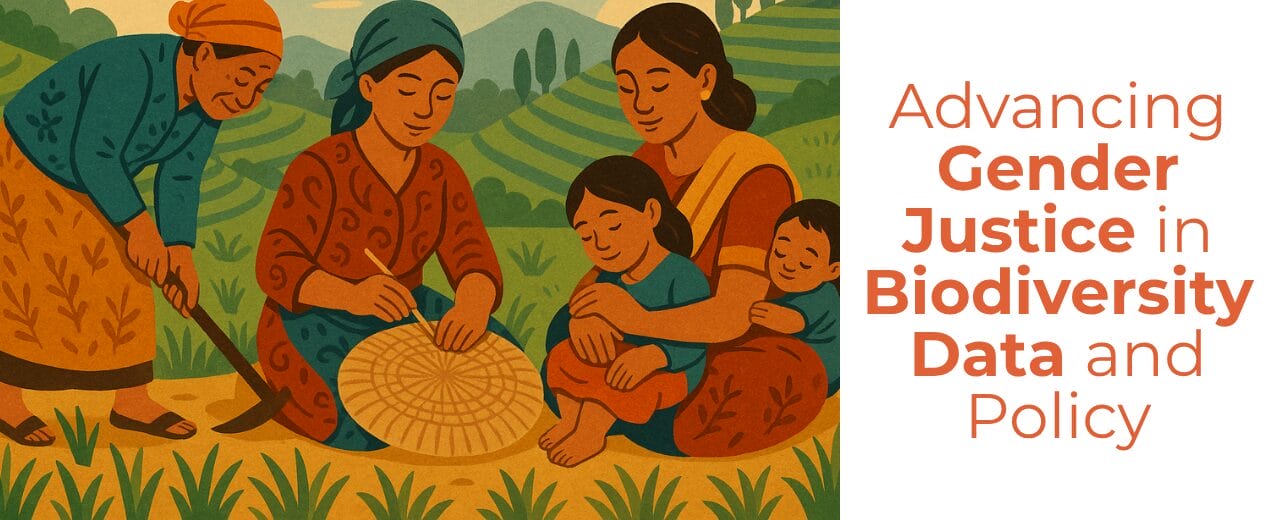
Women and girls, including those from Indigenous, Afro-descendant, and local communities, play critical roles in biodiversity conservation. However, much of the existing data is gender-blind, leading to policies that fail to recognize their contributions, address their needs, or respect their rights.
This initiative, a collaboration between the CBD Women’s Caucus and the International Institute for Environment and Development (IIED), aims to enable women’s organisations to generate and use gender-responsive data to influence biodiversity policy and advocacy.
Project Objectives
- Strengthen the capacities of women’s organisations to generate and use gender-responsive data in biodiversity conservation.
- Facilitate the co-creation of evidence to influence global and national biodiversity policy.
- Share project progress and results in key global policy platforms
Have your say!
We invite women’s organisations, including those from Indigenous, Afro-descendant, and local communities, to share their experiences and perspectives through this survey. Your input will help identify gaps in data collection and use, guide tailored capacity-building, and ensure that women’s voices and knowledge are reflected in biodiversity policy and decision-making.
For more information please write to [email protected]
About the Partners:
The CBD Women’s Caucus (CBD WC) is the women’s constituency within the Convention on Biological Diversity (CBD). It stands as a self-organised global platform, supporting women and girls worldwide to advocate for their rights within biodiversityrelated decision-making processes across all levels.
The International Institute for Environment and Development (IIED) is a global policy and research organization that works to promote sustainable development, social justice, and environmental protection. IIED collaborates with governments, communities, and civil society to generate evidence-based solutions, influence policy, and support marginalized groups, including women and Indigenous communities, in addressing environmental and development challenges.

